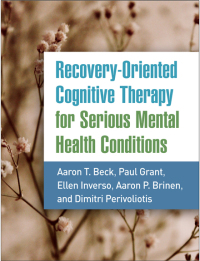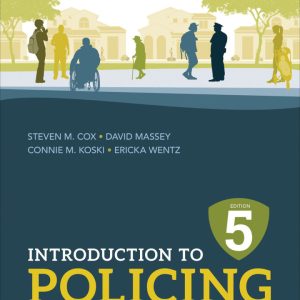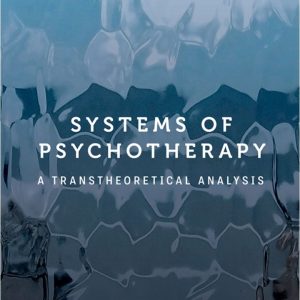Buy Recovery-Oriented Cognitive Therapy for Serious Mental Health Conditions PDF ebook by author Aaron T. Beck; Paul Grant; Ellen Inverso; Aaron P. Brinen; Dimitri Perivoliotis – published by The Guilford Press in 2021 and save up to 80% compared to the print version of this textbook. With PDF version of this textbook, not only save you money, you can also highlight, add text, underline add post-it notes, bookmarks to pages, instantly search for the major terms or chapter titles, etc.
You can search our site for other versions of the Recovery-Oriented Cognitive Therapy for Serious Mental Health Conditions PDF ebook. You can also search for others PDF ebooks from publisher The Guilford Press, as well as from your favorite authors. We have thousands of online textbooks and course materials (mostly in PDF) that you can download immediately after purchase.
Note: e-textBooks do not come with access codes, CDs/DVDs, workbooks, and other supplemental items.
eBook Details:
Full title: Recovery-Oriented Cognitive Therapy for Serious Mental Health Conditions
Edition:
Copyright year: 2021
Publisher: The Guilford Press
Author: Aaron T. Beck; Paul Grant; Ellen Inverso; Aaron P. Brinen; Dimitri Perivoliotis
ISBN: 9781462545193, 9781000345353
Format: PDF
Description of Recovery-Oriented Cognitive Therapy for Serious Mental Health Conditions:
“This book can help you develop a spirited savvy in recovery-oriented cognitive therapy over the course of fifteen chapters, which we have organized into three parts: The first six chapters in Part I introduce you to recovery-oriented cognitive therapy, the basic model and how it works. Building on the basics, the five chapters in Part II extend understanding, strategy, and intervention to the challenges that have historically gotten the person stuck: negative symptoms, delusions, hallucinations, communication challenges, trauma, self-injury, aggressive behavior, and substance use. The final four chapters in Part III delve deeper into specific settings and applications – individual therapy, therapeutic milieu, group therapy, and families”–





